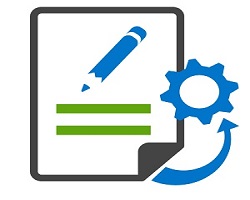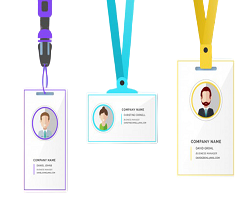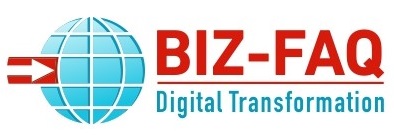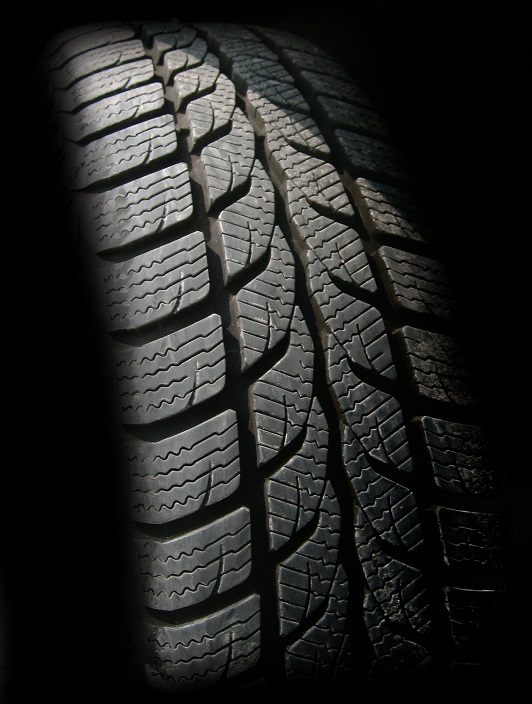Digital Transformation
Consultants and Vendors
in
Extractives Industries
Getting it Right the First time!
Keeping Ahead and Out of Trouble
with
The Right Technology Choices

Find an Expert

Check a Vendor

Post a Query

Join for Access

Industry Digital Progress
The WEF in 2016 predicted that, over the next decade, Digital Transformation in the mining industry has the potential to add $320 billion of additional value, reduce 600 million tons of CO2 emissions and save more than 1000 lives. While the various surveys of Mining executives indicate strong commitment to digitalization, significant actual progress is still to emerge.
The extractive industries, e.g., Mining, Oil & Gas, and Minerals, are characterized by high capital intensity, massive economies of scale, high cyclicality, depleting higher grade more easily accessible reserves and increasing worker and societal unrest. The Mining sector also has the lowest R&D rate of any industry by a factor of 10 and significant cultural resistance to change. This leaves the sector as the least digitized industry (Barrick 2017).
In spite of these challenges mining companies have started to adopt digitalization mostly in four major areas: Automation, robotics and operational hardware; Digitally enabled workforce; Integrated enterprise, platforms and ecosystems; and Next-generation analytics and decision support. However most of these initiatives have been in the largest of companies in the industry.
Industry News & Views
Take a look what we are offering to you
Case Studies
Digital Transformation in Extractive Industries - CASE STUDIES
 Boliden is one of the most successful mining companies in the world, with strong productivity and stock market performance. It has eight mines, and one of them, Aitik, located in the north of Sweden, is the largest open pit in Europe.
Boliden is one of the most successful mining companies in the world, with strong productivity and stock market performance. It has eight mines, and one of them, Aitik, located in the north of Sweden, is the largest open pit in Europe.
The Challenge
Aitik is an expanding mine. To get to the copper ore, lots of rock must be removed, and every year an increasing amount of rock is moved around in the system. Depending on where the ore is, the ratio of rock to ore varies; on average there is about 1 metric ton of rock removed for every 1 metric ton of ore.
Aitik's current annual production of 36 million metric tons of ore is to be increased to 45 million metric tons, and the rock removed will increase by just as much, if not more. However, given that a mine is a busy place, it is not a straightforward task to increase the number of huge machines required for rock removal, and maintaining the same equipment utilization only adds to the challenge. In addition, every blast creates toxic gases that need to dissipate before humans can enter the area and begin excavation.
The solution
Automated and remotely controlled machines provide a solution. Automated drill rigs (known as "Pit Vipers") can movefrom one drill hole to the next along a predefined path and perform repetitive tasks autonomously, in contrast to having a drill rig operator on site carrying them out manually. If the task or movement is not predefined, the drill rig is equipped with cameras that enable an operator to control it remotely. Much of the time autonomy is sufficient; however, sometimes only humans can make a proper assessment (for example, during evaluation of rock conditions), and remote or even local assessment is then required.
Five drill rigs at Aitik have been retrofitted with autonomous operation and remote-control features. As the current connection bandwidth only allows for medium-quality video streaming, which limits the remote-control capability, this retrofit is limited. A couple of cameras, a control system upgrade for the older rigs and a communication module have been added.
A 4G mobile communication system would offer a secure, flexible and future proof solution for Boliden. However, while 4G can support the current identified use case, only 5G can comfortably handle the most demanding requirements – bandwidth, quality of service, latency and positioning. While some applications only need to send minor amounts of data, others (such as fully remote controlled machines) need the capabilities and capacity offered through mobile communications such as 4G and especially 5G.
The Benefits
Automating a drill rig could increase operating hours from 5,000 to 7,000 hours per year, in effect enabling Boliden to perform the same amount of blast operations with these 5 modified rigs as they could with 7 or more traditional rigs. This automation also eliminates the need for additional staff, service stations, parking areas, transport on busy access roads and dangerous staff transportation within the mine. As well as solving these logistical challenges, automation carries significant efficiency benefits, as Boliden can handle an increased number of blasts with similar equipment and staffing levels.
Source: Telefonaktiebolaget LM Ericsson
Have a Burning Question?
Chances are someone has the answer! We invite you to post your question in our Q&A forum, where you can Categorize your question and tag it to one or more of the Digital Transformation related topics and apps.While we do not guarantee that another member will answer it in time for you, chances are good that one or more of us will.

 In one of the largest iron ore mining sites in Australia, operated by Rio Tinto, continuous mining machines which can be automated for more consistent production, were being operated manually more of the time, resulting in declining production and further exacerbating the decreases in production experienced due to the continuing mining supercycle at the time.
In one of the largest iron ore mining sites in Australia, operated by Rio Tinto, continuous mining machines which can be automated for more consistent production, were being operated manually more of the time, resulting in declining production and further exacerbating the decreases in production experienced due to the continuing mining supercycle at the time. A Canadian oil sands operation ran a preventive maintenance strategy driven by days in service. Members of the maintenance team suspected that this approach, while straight forward to implement, was resulting in significant premature maintenance.
A Canadian oil sands operation ran a preventive maintenance strategy driven by days in service. Members of the maintenance team suspected that this approach, while straight forward to implement, was resulting in significant premature maintenance. Key facts
Key facts